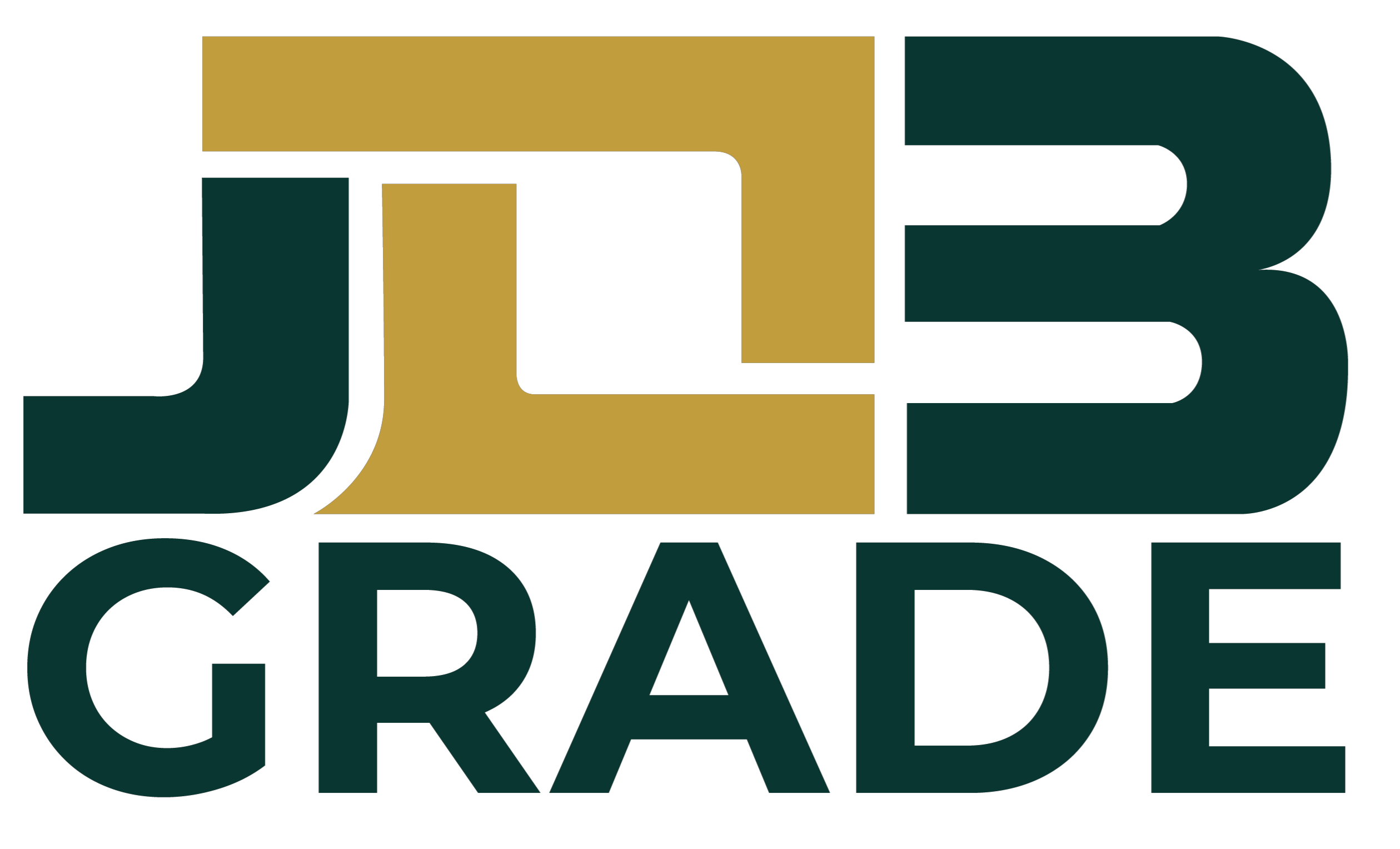
Why In News:
On June 9, 2025, a union minister will launch the Puducherry Legislative Assembly’s National e-Vidhan Application (NeVA).
What is NeVA?
NeVA, or the National e-Vidhan Application, is a pioneering digital platform designed to enable paperless conduct of legislative business across India’s State and Union Territory legislatures. It embodies the government’s vision of ‘One Nation – One Application’ by seamlessly integrating all legislative houses into a single, unified digital interface.
Development and Implementation
- Developed by: Ministry of Parliamentary Affairs (MoPA).
- Supported by: Ministry of Electronics and Information Technology (MeitY).
- Powered by: BHASHINI, an AI-driven platform for real-time language translation.
- Approval: Endorsed by the Public Investment Board on 15 January 2020.
- Project Cost: ₹673.94 crore under a centrally sponsored scheme ensuring equitable support to all states.
Aims of NeVA
- To digitize legislative proceedings, making all legislative activities paperless.
- To build a national repository consolidating all legislative data from across the country onto one accessible platform.
Key Features of NeVA
- End-to-End Paperless Functioning: Digitizes all legislative workflows including agenda uploads, bill tracking, speeches, questions, and responses.
- AI/ML-Powered Real-Time Translation: Using BHASHINI, NeVA translates speeches and documents instantly into multiple Indian languages, fostering inclusivity.
- Unified Digital Workspace: Provides a common platform connecting legislators, secretariats, and government departments for enhanced coordination.
- Secure Document Management: Implements multi-layered security with role-based access control, ensuring confidentiality and easy retrieval of archives.
- Training and User-Friendly Workflows: Includes comprehensive training modules to assist MLAs and staff in smoothly adapting to the new digital processes.
Why NeVA Matters
By digitizing the legislative ecosystem, NeVA significantly enhances transparency, efficiency, and accessibility. It reduces dependency on physical paperwork, accelerates legislative procedures, and promotes wider citizen engagement by making legislative data more accessible and comprehensible.






